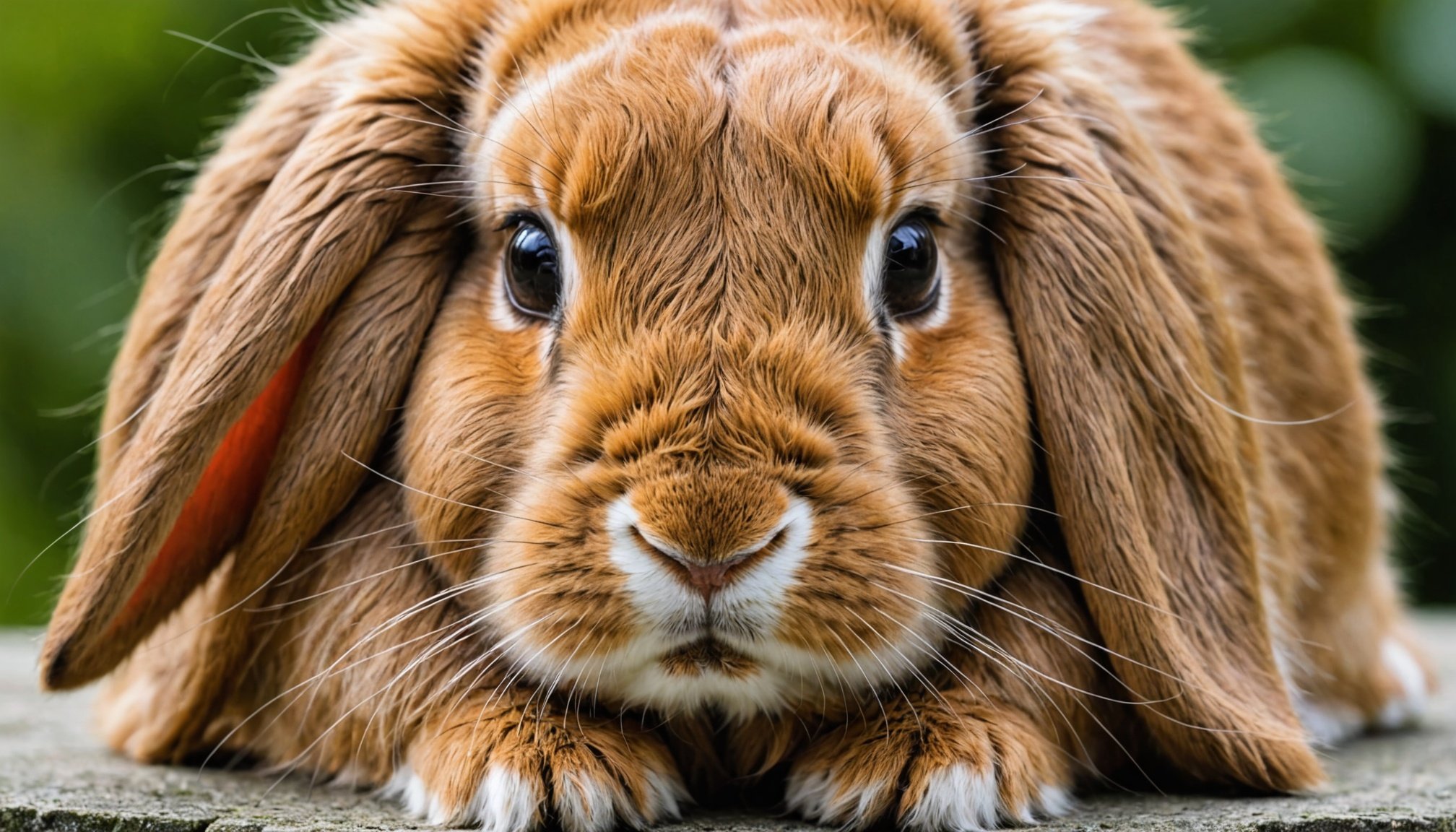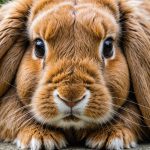Comprehensive Grooming Techniques for Long-Haired Rabbits
Caring for long-haired rabbits demands dedication to regular grooming techniques. To prevent matting and tangling, a routine should be established—ideally, brushing several times a week. The choice of rabbit brush types is crucial. Soft, bristle brushes and wide-toothed combs are effective tools, as they gently detangle without causing discomfort.
When using these grooming tools, start brushing from the back towards the head. This method helps in observing how the fur naturally falls, allowing you to address tangles efficiently. Regular fur maintenance also includes checking for signs of parasites and ensuring the rabbit’s skin remains healthy.
In the same genre : Creating a wildlife-friendly pet paradise: how to design a garden in the uk that benefits local ecosystems
Steady, consistent grooming reduces stress for your rabbit. Aim to make the process calm and rewarding. Encourage your rabbit by offering small treats during grooming sessions. Ensure the grooming environment is quiet, which helps to soothe a nervous bunny.
Additionally, understanding your rabbit’s unique fur texture will guide your choice of brush or comb. Some rabbit breeds may require specialised grooming tools for optimal care. Prioritise your rabbit’s comfort and well-being during care routines, fostering a positive and enjoyable experience.
Also to discover : Designing an enchanting prairie dog oasis: essential strategies to celebrate your pet’s burrowing habits
Expert Insights and Country-Specific Considerations
Understanding UK rabbit care regulations ensures compliance and promotes optimal well-being for your long-haired rabbit. The UK mandates that pet rabbits are granted sufficient space and environmental enrichment as part of the Animal Welfare Act, emphasising the importance of a stimulating and comfortable environment.
In the UK, local resources such as the Rabbit Welfare Association & Fund (RWAF) provide expert advice and support. They recommend specific UK-based products that cater to the unique needs of long-haired breeds, including specialized brushes designed to prevent matting. Local suppliers often carry these products, making them easily accessible to rabbit owners.
For additional guidance, UK-based veterinarians and rabbit specialists can offer invaluable insights tailored to the specific care needs of long-haired rabbits. Regular veterinary check-ups ensure early diagnosis and treatment of common health issues. These professionals can also recommend reputable grooming services, should you require additional assistance.
Consider these local insights and resources as part of your rabbit care regime. They contribute to sustainably promoting the health and happiness of long-haired rabbits across the UK, while adhering to best practices outlined by national experts.
Health Care Essentials for Long-Haired Rabbits
Ensuring comprehensive rabbit health care is critical for long-haired breeds. Their lush fur, while beautiful, can hide common health issues, making routine checks essential. Focus on examining their eyes, ears, and skin for any signs of infection or abnormality. Regularly inspect their teeth to prevent overgrowth, a prevalent issue in rabbits.
Frequent veterinary visits are crucial for maintaining optimal health. Professionals offer necessary veterinary advice tailored to long-haired rabbits. Expect vets to check for common health issues such as respiratory infections, dental problems, and fur blockages. They may suggest preventative measures like regular deworming and vaccinations.
Long-haired rabbits are also prone to fur-related digestive blockages. To prevent these, ensure their diet is rich in hay, aiding digestion and reducing hairball formation. Promote activity to keep their body condition optimal. Understanding these health essentials fosters a proactive approach to their care, ensuring a happier, healthier bunny. Prioritise regular veterinary assessments to catch potential issues early, maintaining your rabbit’s overall well-being.
Common Challenges Faced by Long-Haired Rabbit Owners
Caring for long-haired rabbits presents unique rabbit care problems. Grooming challenges often top the list, as their dense fur is prone to matting, especially during seasonal shedding. Regular brushing with appropriate rabbit brush types like wide-toothed combs helps manage these issues effectively.
Behavioural challenges can also arise due to the discomfort caused by tangling. Rabbits may become hesitant or stressed during grooming sessions. To alleviate this, introduce a grooming routine gradually and use positive reinforcement, such as treats, to enhance their experience.
Shedding increases with temperature changes, making it essential to monitor your rabbit’s coat closely. A structured grooming routine can mitigate excess fur and prevent matting. Engage your rabbit in grooming-like play to make the process less daunting for them.
Owners should also be vigilant about their rabbit’s behaviour. Any change might indicate stress or discomfort, necessitating adjustments in environmental or grooming practices. Understanding the hints your rabbit gives can foster a stress-free and enjoyable relationship. Through addressing these challenges, long-haired rabbits can thrive, ensuring both rabbits and their owners enjoy a harmonious life together.
Nutritional Needs for Long-Haired Rabbits
Understanding rabbit diet is essential for maintaining the health of your furry companion. Long-haired rabbits, with their unique fur, require a balanced diet to prevent health complications like fur blockages. The cornerstone of their dietary requirements includes unlimited hay. Hay aids in digestion, reducing the risk of hairballs by encouraging natural chewing behaviours that prevent dental problems.
Incorporating fresh vegetables into your rabbit’s diet ensures they receive necessary vitamins. Leafy greens, carrots, and broccoli are excellent choices. However, avoid starchy or sugary treats, as they can lead to obesity and digestive issues. Always provide fresh, clean water accessible at all times.
Be cautious of forbidden foods like chocolate, onions, and garlic, as these can be toxic to rabbits. Monitor their intake to ensure a varied diet, supporting their overall health and well-being. Consultation with a vet can offer nutrition fundamentals vital for your rabbit’s specific needs. By adhering to these guidelines, you foster a diet that promotes longevity and happiness in your long-haired rabbit.
Suitable Living Environments for Long-Haired Rabbits
Creating the right rabbit housing is crucial for your pet’s well-being. Living space requirements for long-haired rabbits include ample room for movement and exploration. A spacious enclosure allows them to stretch and hop freely, reducing stress and promoting physical health.
Focus on providing proper bedding. Opt for materials like straw or hay, which aid comfort while being gentle on their delicate fur. Include hiding spots as they are essential for rabbits to retreat and feel safe. These can be simple boxes or specialized rabbit hideaways, offering shelter from noise and light.
To enhance their environment, environmental enrichment is important. Introduce toys that stimulate foraging instincts, such as tunnels or interactive feeders. Rotating toys keeps your rabbit engaged and prevents boredom. Enrichment not only caters to their mental well-being but also encourages natural behaviours, maintaining a healthy balance in their daily life.
Ensure the living area is secure against potential hazards, like predators or harsh weather, while maintaining proper ventilation. A well-balanced environment considers these elements, ensuring your long-haired rabbit remains happy and healthy.









